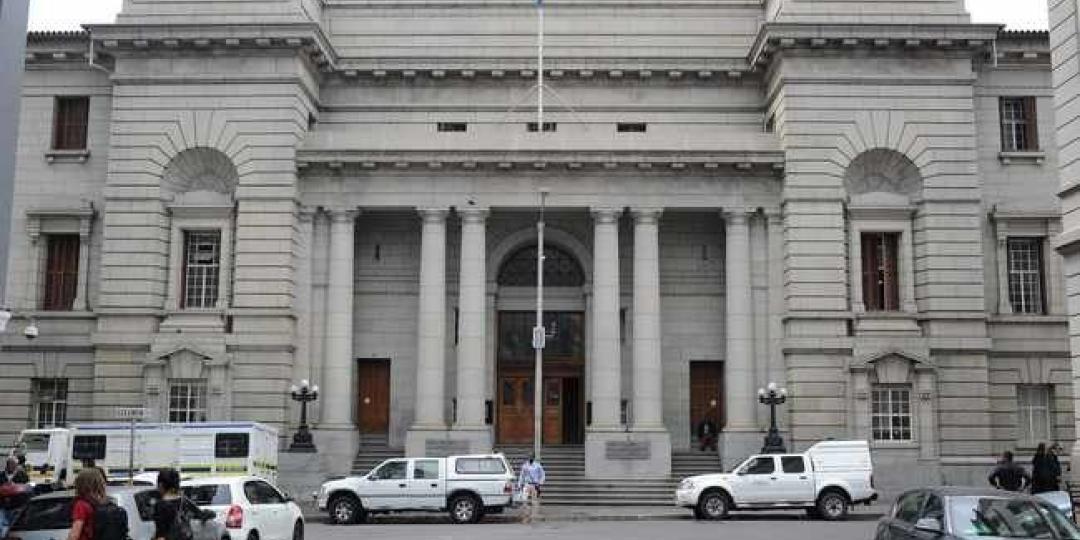Wine industry body, Vinpro, is hoping for a positive outcome after the Western Cape High Court reserved judgement in the court case during which Vinpro contested the approach followed by Government towards liquor ban restrictions within the Disaster Management Act.
The case to fully reopen and rebuild the industry, which includes the wine tourism sector, was heard this week (August 23 to 26) with Vinpro MD, Rico Basson, highlighting that since the start of the COVID-19 pandemic, the industry body has argued that the provinces, not National Government, should decide whether or not to impose liquor restrictions and should do so with reference to provincial circumstances, including the need to preserve capacity in trauma units in hospitals in the province.
“We know provinces are affected differently by the pandemic, therefore we believe a differentiated approach in handling the crisis is needed to limit the economic impact of a lockdown,” said Basson.
Vinpro launched its legal application during the second wave in January this year and had also approached the court to include evidence for the way in which the blanket liquor ban missed its purpose during the third wave.
“While we have challenged Government’s decision by way of an urgent interdict application and hearing (on July 21) the matter was subsequently rendered academic because the ban was partially lifted four days later. In an interim application, we now ask that this evidence should also be taken into account.”
Basson pointed out that National Government’s respondents had vehemently opposed the application to introduce such further evidence. This opposition is mainly based on their argument that Vinpro’s application is moot, as the ban has been lifted.
“However, we have seen how Government has dealt with the previous liquor bans. A blanket ban is imposed repeatedly and, with a fourth wave likely to hit the country in December, this issue most certainly is not moot.
“Wine is part of agriculture, as is tourism. Our industry supports 80 183 people working at farm and cellar level and 188 913 people working further down the wine value chain. This industry has built a strong brand reputation as a unique asset for the country. The South African wine industry is more than a drink, it’s a livelihood. And it is our responsibility to make sure we save this industry for future generations,” Basson emphasised.
Judgement reserved on three key points
Following arguments from the legal representatives of Vinpro and Government, the full bench of three judges has reserved judgement on the three points argued, which included Vinpro’s argument regarding the structure of Government, an interim application asking to take evidence regarding the third wave into account, as well as the issue of mootness since the ban has been partially lifted.
Reserved judgments are those that are usually complex and require time for the judge to deliberate.
“We eagerly await feedback on these important principles that would govern decision-making regarding future wine sales bans,” said Basson. “In the interim we remain committed to our various efforts to fully reopen and rebuild the South African wine industry.”























